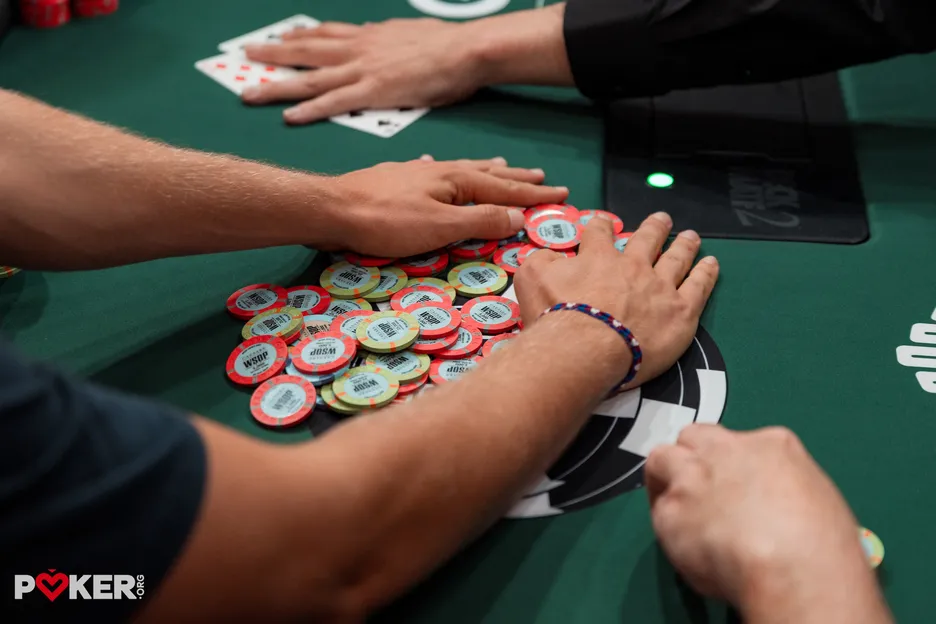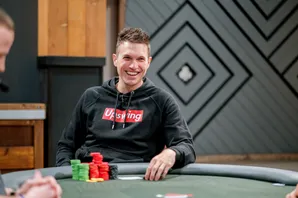Patrick Gerritsen is a professional player and coach at Run It Once, where he specializes in cash game strategy under the nickname ‘Freenachos’. This week he answers a question he gets asked all the time...
Having coached over 250 players, many of whom are aspiring professionals, the most common question I get is: am I ready to become a professional poker player?
In this article, I’ll discuss three essential criteria every aspiring poker player should meet before considering going full-time.
Potential for exceptional returns
This might seem obvious, but I’ve seen many players take the leap too early in their careers. While going professional can be a dream come true for many poker players, it also means you’ll be fully reliant on how the cards fall.
Prolonged breakeven stretches are frustrating for everyone, but they become especially painful when you have to dip into your bankroll to pay rent.
A simple rule of thumb is to only go pro if you can make at least three times the minimum amount you (and your family) need to support yourselves. This provides a cushion during prolonged stretches of bad luck and allows you to consistently grow your bankroll. A growing bankroll can be useful if you decide to transition to something else in the future.
Acquire additional income streams
Whether it's coaching, building a presence on social media, affiliate marketing, writing a blog, or something completely different like investing in real estate, having income streams outside of just playing cards is crucial for longevity in this game.
The truth is that everyone will experience downswings they never thought possible. When you solely rely on luck to turn, playing poker can be excruciating, leading to worse plays and longer downswings.
Ensuring at least part of your expenses are covered by one or multiple additional income streams can help maintain a stable mindset.
Use poker as a hedge to learn new skills
Becoming a professional poker player is risky, not just because luck can significantly impact your income, but also because the landscape is constantly changing.
Online games are getting tougher, and legislative policies can affect the availability of games in your area, making it tough to plan more than two years ahead. If you’re giving up a career to become a professional poker player, the long-term risk-reward ratio can seem bleak.
One way to hedge against this is by investing in yourself and acquiring new skills through poker. As someone running a successful poker coaching program, I can attest that poker can be a very effective way to learn new skills.
Whether it's coaching, content creation, mental resilience, writing, networking, or simply sharpening your skills at the tables, poker is the ultimate hedge for acquiring a wide set of skills. These skills can be useful if you decide to step away from playing full-time.
It might seem unlikely now, but every professional poker player I know has, at some point (usually more than once), doubted whether they want to do something completely different. Acquiring a wide skill set that allows you to transition to other ventures might come in handy one day.





























